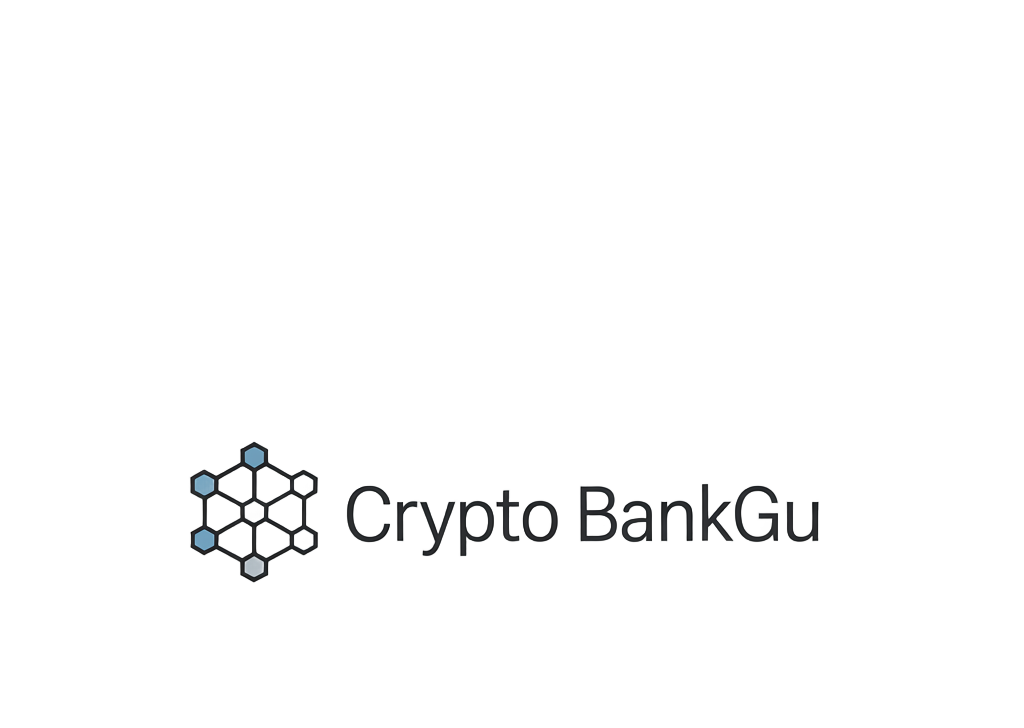
For blockchain businesses, speed and security are paramount when moving funds between traditional fiat and digital assets. The days of waiting days for wire transfers or navigating cumbersome compliance checks are fading fast. Today, leading crypto-to-fiat banking providers offer seamless conversion solutions, ensuring that businesses can operate globally, pay vendors, manage payroll, and access liquidity in minutes, not hours or days.
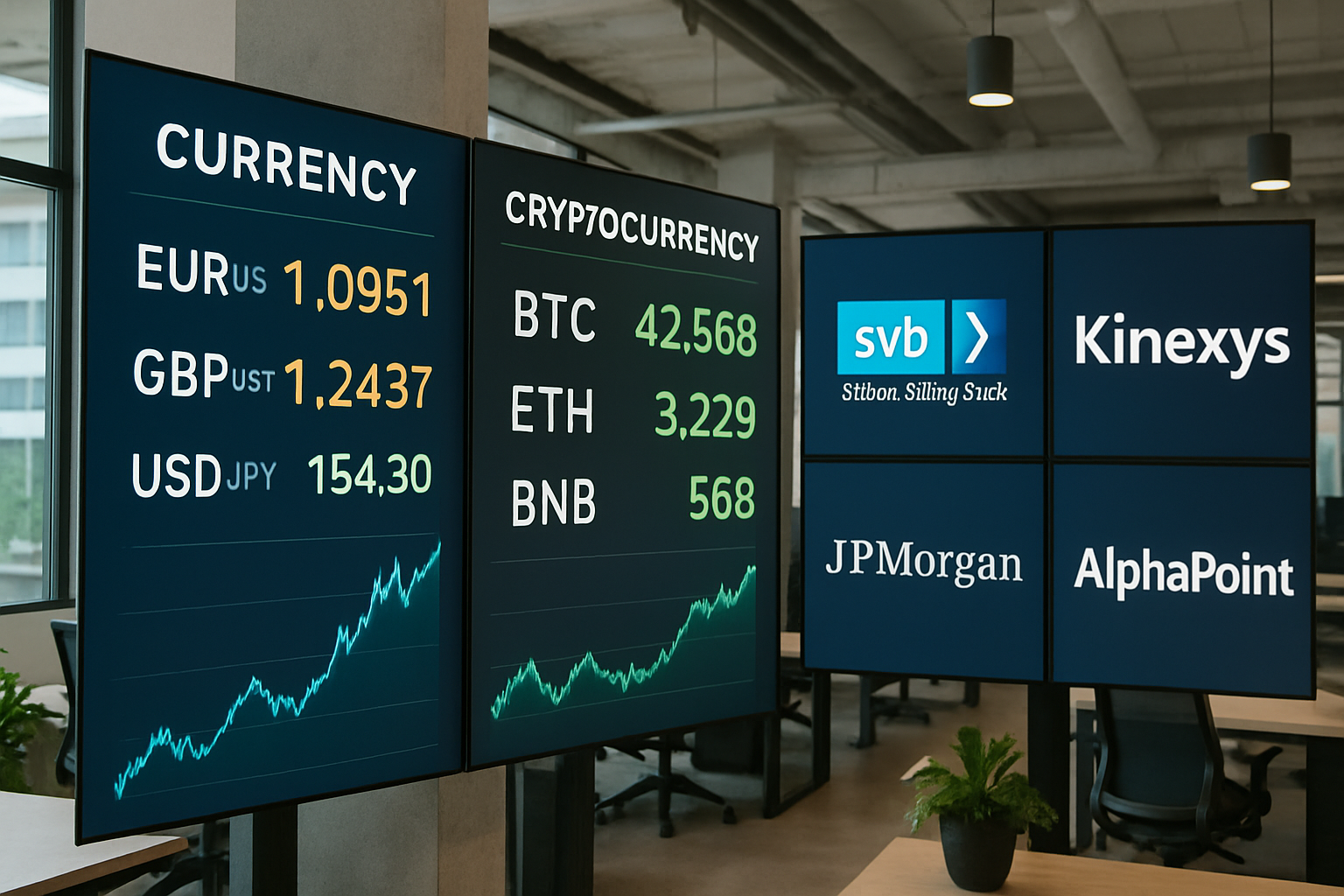
Why Blockchain Businesses Need Rapid Fiat-to-Crypto Banking
Blockchain enterprises, from DeFi platforms to NFT marketplaces, demand specialized financial infrastructure. Their operations hinge on the ability to convert BTC or stablecoins into local currencies (and vice versa) without friction. The recent surge in institutional adoption underscores this need: Swiss banks like UBS and Sygnum have executed public blockchain payments, while major players such as DBS and the London Stock Exchange Group have deployed blockchain-based settlement infrastructure. This isn’t just about convenience; it’s about unlocking new efficiencies and staying competitive in a global market.
Yet not all banking partners are equally equipped for this new paradigm. Regulatory scrutiny is intensifying, making compliance expertise as critical as technical prowess. The top providers stand out by blending robust risk controls with lightning-fast settlement, enabling blockchain businesses to scale with confidence.
The Top 3 Crypto-to-Fiat Banking Solutions for Blockchain Businesses
Top Crypto-to-Fiat Banking Solutions for Blockchain Businesses
-
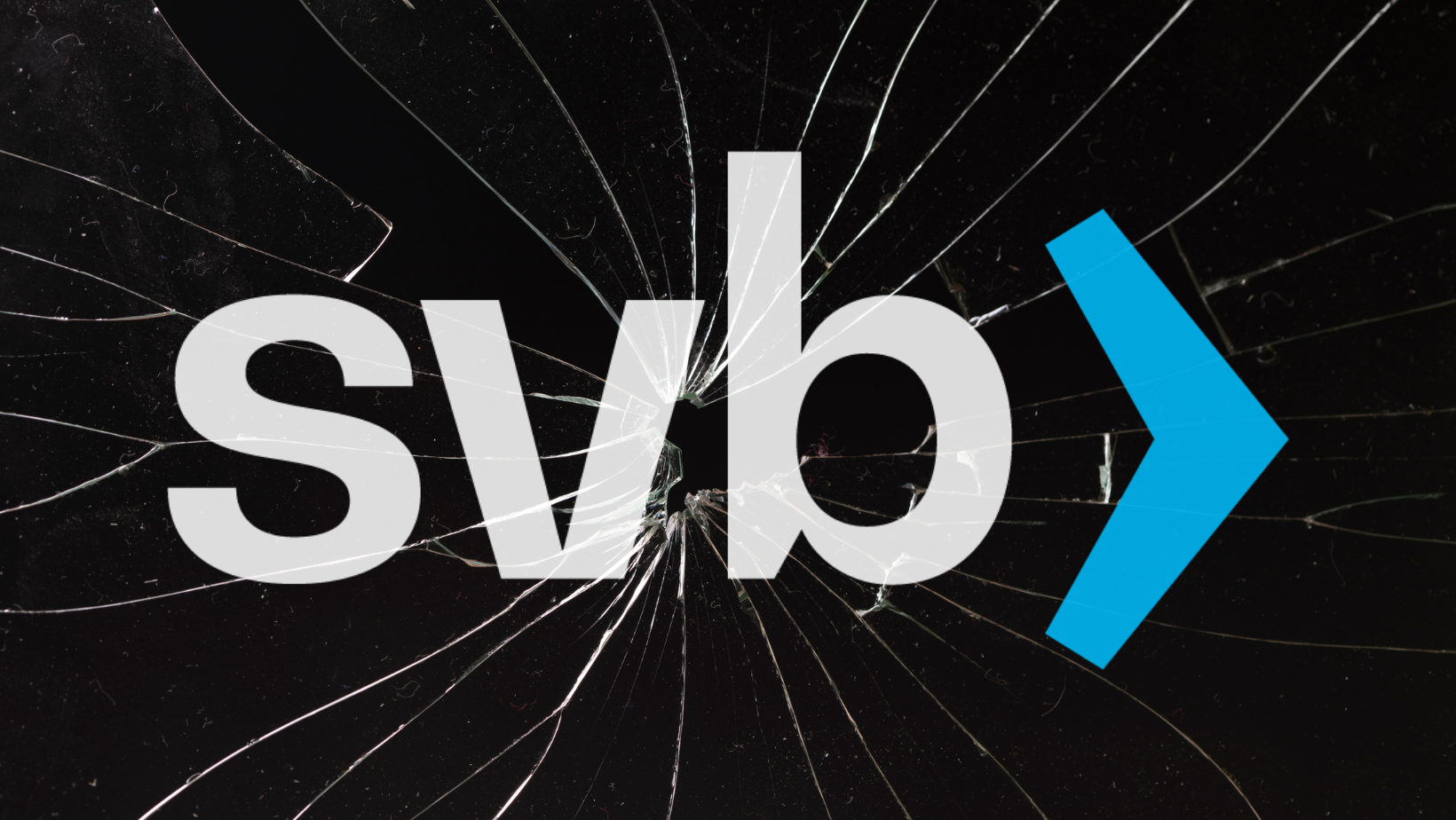
Silicon Valley Bank (SVB) Crypto Banking Services: SVB offers specialized banking solutions tailored for blockchain businesses, including secure crypto-to-fiat account management, payment processing, and compliance support. Their expertise covers DeFi, NFTs, crypto exchanges, and wallet providers, ensuring seamless integration with traditional finance systems.
-
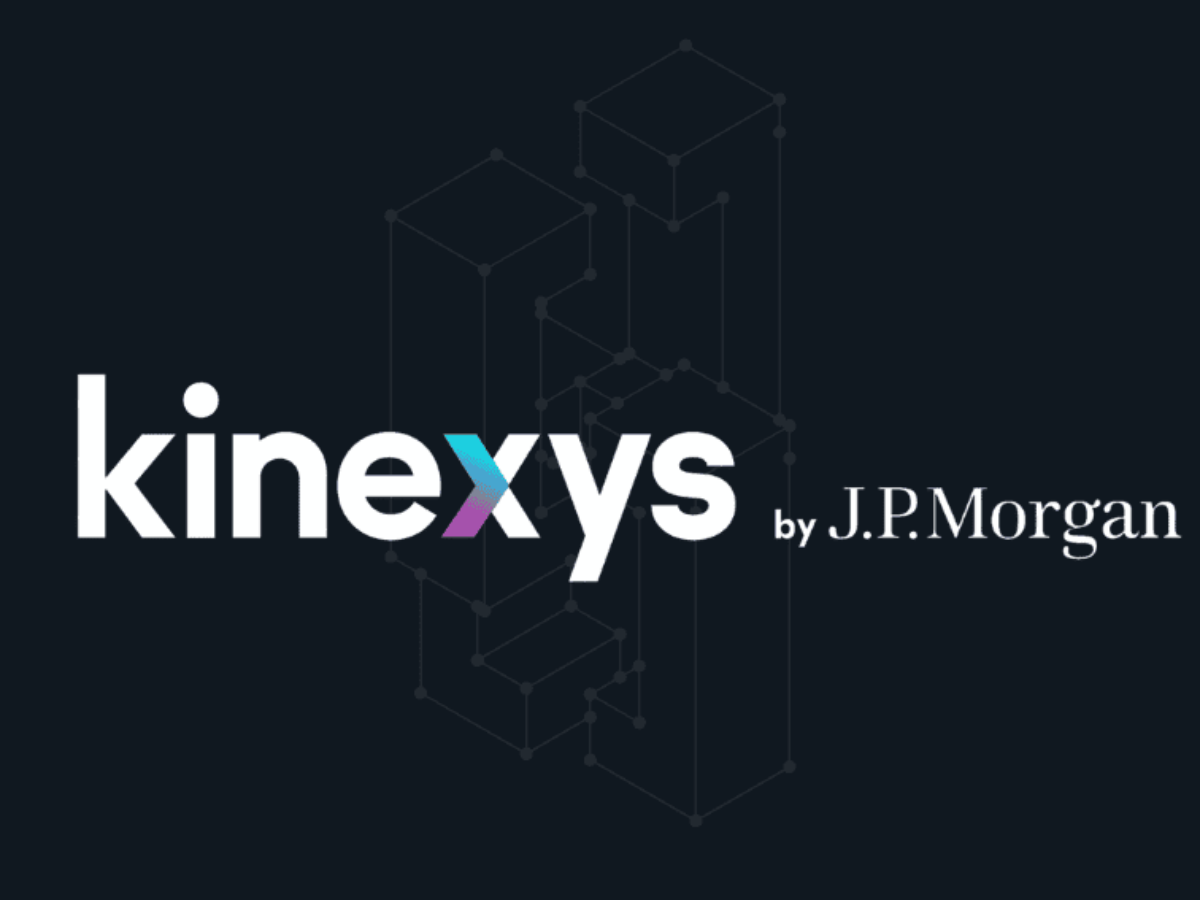
Kinexys by J.P. Morgan: Kinexys is J.P. Morgan’s bank-led blockchain platform, designed to facilitate secure and efficient movement of money, assets, and financial information. It enables rapid crypto-to-fiat conversions, supports regulatory compliance, and leverages J.P. Morgan’s institutional-grade infrastructure for blockchain businesses.
-
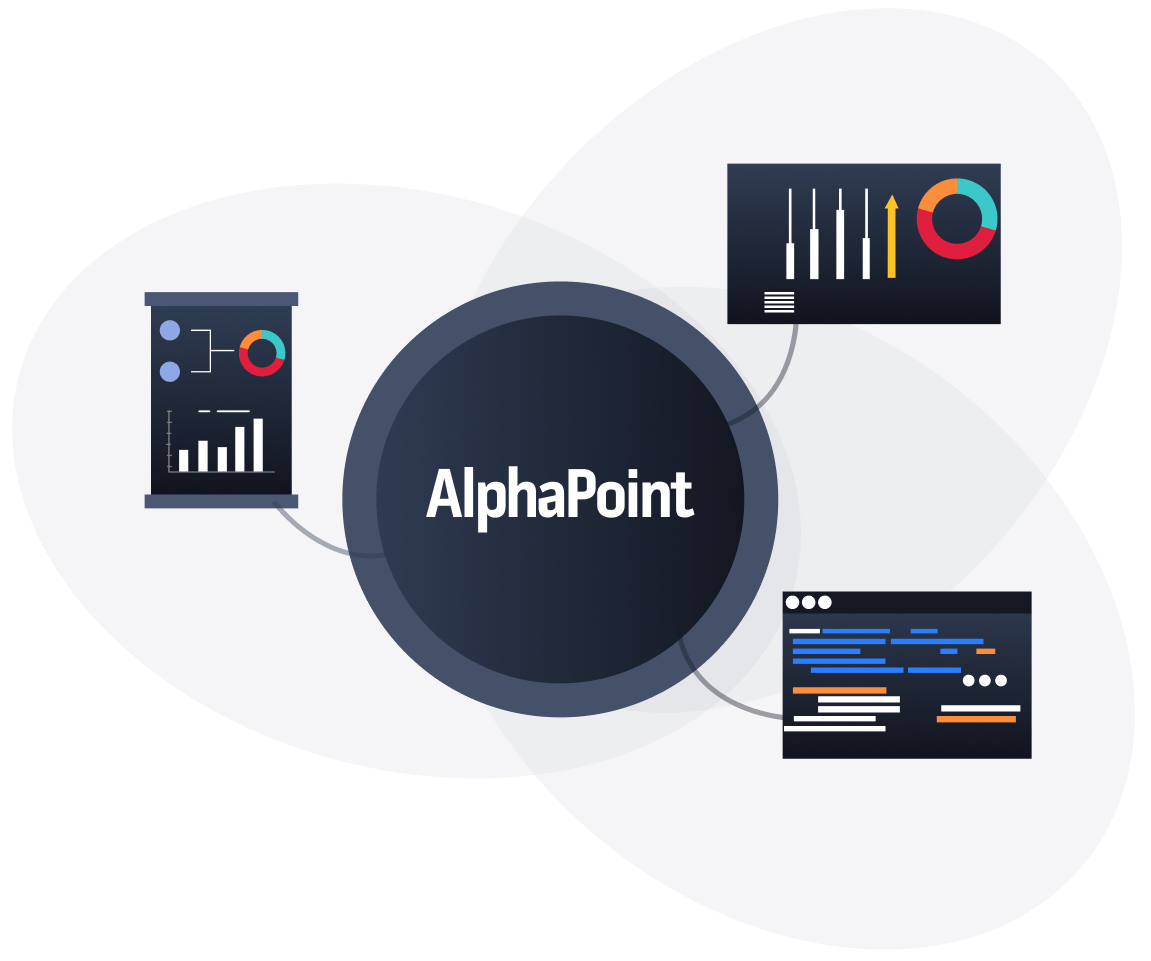
AlphaPoint Crypto Banking Platform: AlphaPoint provides a robust crypto banking platform that empowers businesses to manage digital and fiat assets in a unified environment. The platform features integrated trading, compliance tools, and seamless fiat on/off ramps, making it a preferred choice for blockchain enterprises seeking secure and user-friendly solutions.
Let’s examine the three standout providers powering this transformation:
1. Silicon Valley Bank (SVB) Crypto Banking Services
SVB has long been synonymous with innovation finance, and its crypto banking division is no exception. SVB offers secure accounts tailored for blockchain companies operating across DeFi, NFTs, wallet provision, analytics, and exchanges. Their platform enables rapid onboarding of digital asset businesses while meeting stringent U. S. regulatory requirements.
Key features include:
- Specialized fiat accounts linked directly to crypto trading desks
- Integrated risk management tools leveraging advanced blockchain analytics
- Expertise in supporting complex business models like token issuers and cross-border payment firms
This positions SVB as a trusted gateway between traditional finance and digital assets, a crucial advantage as regulatory clarity evolves globally.
2. Kinexys by J. P. Morgan: Bank-Led Blockchain Infrastructure
Kinexys, J. P. Morgan’s next-generation blockchain platform, reimagines how money and assets move across global markets. Built atop years of enterprise-grade DLT innovation (including JPM Coin), Kinexys provides a modular foundation for instant settlements between fiat and tokenized assets.
- Interoperability: Seamless integration with existing bank systems and external blockchains
- Compliance-first design: Automated KYC/AML checks embedded at every transaction layer
- Bespoke solutions: Support for complex workflows including cross-border payments, asset tokenization, and liquidity management
This bank-led approach assures institutional clients that their transactions remain secure, auditable, and regulator-ready, without sacrificing speed or flexibility.
3. AlphaPoint Crypto Banking Platform
AlphaPoint‘s platform is engineered for both established banks entering the crypto space and native digital asset firms looking to streamline operations. AlphaPoint enables real-time conversion between multiple cryptocurrencies (BTC, ETH) and fiat currencies through a unified dashboard.
- User-centric experience: Intuitive interfaces make onboarding painless for new business clients
- End-to-end automation: From compliance checks to settlement reporting, everything is handled within one system
- Bespoke integrations: APIs allow seamless connection to third-party wallets, exchanges, or payment rails
The result? Blockchain businesses gain a single access point to manage both digital assets and traditional finances efficiently, a critical edge as competition intensifies.
Choosing the right crypto-to-fiat banking partner isn’t just about ticking regulatory boxes; it’s about futureproofing your business for an increasingly interconnected financial world. With institutional adoption accelerating, the ability to move between fiat and digital assets at speed, and with full compliance, has become a strategic necessity for blockchain businesses.
What Sets These Providers Apart?
Each of these top-tier providers, Silicon Valley Bank, Kinexys by J. P. Morgan, and AlphaPoint, offers distinct strengths that cater to the nuanced requirements of blockchain enterprises:
- SVB stands out for its sector expertise, robust risk controls, and deep ties to both fintech startups and established digital asset companies.
- Kinexys by J. P. Morgan delivers a compliance-first, interoperable infrastructure backed by one of the world’s largest banks, giving clients confidence in global scalability and regulatory alignment.
- AlphaPoint excels in user experience and technical flexibility, providing modular tools that empower businesses to automate workflows from onboarding through settlement.
This diversity means that whether you’re a DeFi protocol scaling globally or an NFT marketplace seeking rapid fiat settlement, there’s a solution tailored to your operational model.
Navigating Regulatory Complexity
The regulatory environment remains fluid as governments refine their approaches to digital assets. Top providers are responding with proactive compliance frameworks: SVB integrates real-time blockchain analytics for transaction monitoring; Kinexys automates KYC/AML at every step; AlphaPoint embeds reporting tools to streamline audits. This not only reduces business risk but also reassures partners and investors wary of regulatory uncertainty.
The ability to demonstrate transparency and auditability is now a baseline expectation, not just from regulators but also from institutional clients entering the space. Providers that prioritize compliance without sacrificing efficiency will continue to lead as the market matures.
Looking Ahead: The Future of Blockchain Business Banking
The evolution of crypto-to-fiat banking is far from over. As more traditional banks pilot public blockchain payments (as seen with UBS), and as platforms like AlphaPoint lower barriers for entry into digital finance, expect competition, and innovation, to intensify. Businesses will benefit from faster settlements, greater liquidity options (including stablecoins), and new ways to tokenize assets or collateralize positions in real time.
Ultimately, the winners will be those who can adapt swiftly while maintaining trust. For blockchain businesses navigating this landscape, partnering with forward-thinking providers like SVB, Kinexys by J. P. Morgan, or AlphaPoint offers both immediate operational advantages and a path toward sustainable growth in a rapidly evolving ecosystem.
